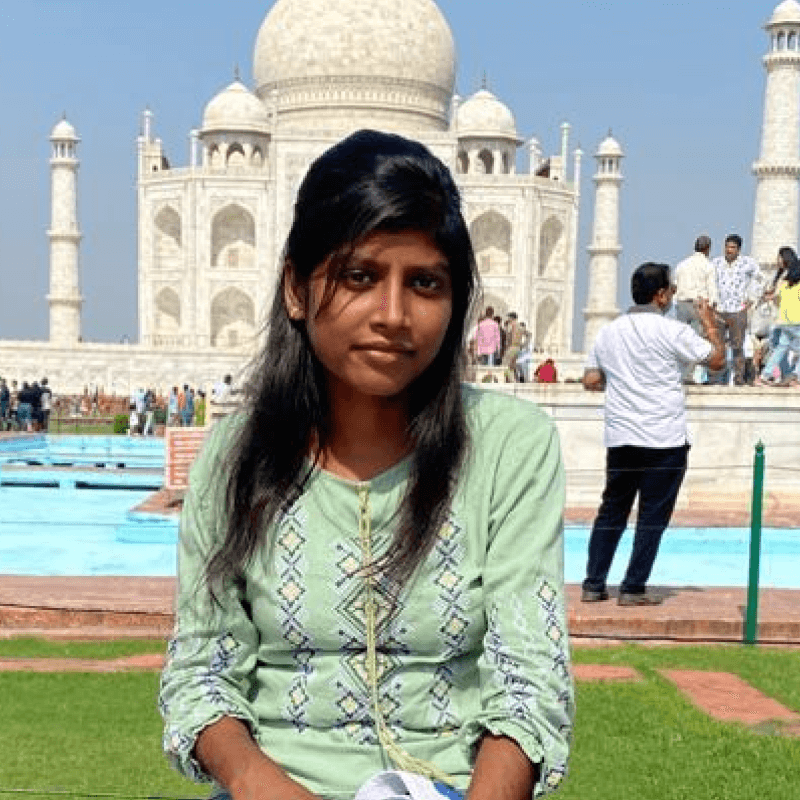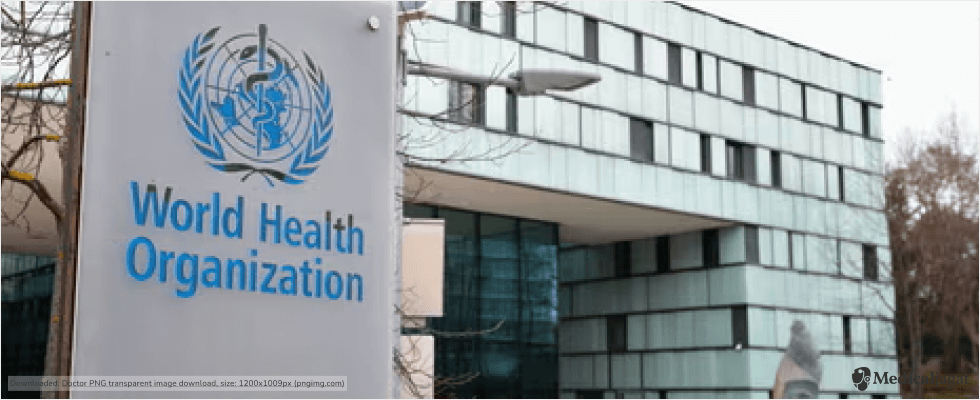
Severe air pollution is causing a significant surge in respiratory and cardiovascular illnesses, with vulnerable groups such as children and the elderly being the most affected. In light of this, the Indian Chest Society has urged the National Medical Commission (NMC) to reinstate the Department of Respiratory Medicine in the MBBS curriculum.
The society, which represents over 6,000 respiratory medicine specialists across India, emphasized that the move is crucial for equipping future medical professionals to address the growing respiratory health challenges. The appeal follows a dramatic rise in the Air Quality Index (AQI), which has crossed 1,000 in several regions.
Concerns Over the Removal of Respiratory Medicine
Dr. Arun Madan, Head of the Department of Respiratory Medicine at Delhi’s Hindurao Medical College, expressed deep concern over NMC's decision to remove respiratory medicine departments under the 2023 Guidelines for Undergraduate Medical Courses. "This decision undermines the nation’s capacity to effectively manage respiratory health," Madan stated.
Similarly, Dr. G.C. Khilnani, former head of pulmonology at AIIMS-Delhi, highlighted that India remains one of the most polluted nations globally, with 99% of its population exposed to PM2.5 levels exceeding WHO safety limits. "Such pollution exacerbates respiratory and cardiovascular diseases, making the removal of respiratory medicine training a grave misstep," he said.
The Implications of Exclusion
Experts warned that eliminating respiratory medicine as a core MBBS subject could lead to serious public health consequences:
- Missed Training Opportunities: Without structured training by specialists, medical graduates may lack the skills to diagnose and treat respiratory diseases effectively.
- Compromised Public Health Programs: Dr. Madan noted that respiratory medicine is vital for executing initiatives like the National Tuberculosis Elimination Programme. Its removal could weaken efforts to combat TB and other respiratory illnesses.
- Reduced Healthcare Quality: General practitioners might struggle to provide specialized care, leading to poorer health outcomes.
Need for action against pollution
Dr. Manoj Goel, Head of Pulmonary Medicine at Fortis Medical Research Institute, suggested that adopting clean technologies, promoting renewable energy, and improving urban planning could help mitigate pollution’s impact. According to WHO estimates, achieving interim air quality targets could prevent 300,000 deaths annually.
Transparency and Governance Concerns
Critics, including Dr. Rakesh Chawla of Saroj Super Specialty Hospital, called out the NMC for a lack of transparency in its decision-making process, which bypassed parliamentary approval. He dismissed the argument that the change reduces the burden on MBBS students, stating, "At a time when respiratory diseases are surging, we need more trained primary physicians, not fewer."
Click the link B.SC MEDICAL
A Call to Restore Respiratory Medicine
Respiratory medicine has long been integral to MBA education in India. Its exclusion contradicts the UGMEB 2020 curriculum, which deemed it an essential specialty. With India accounting for the highest global proportion of multidrug-resistant TB cases in 2023, experts like Dr. Aditya Chawla have labeled the decision shortsighted, urging immediate action to restore respiratory medicine in medical education.
This reinstatement, they argue, is not only critical for patient care but also for achieving broader public health goals in a country grappling with a growing respiratory disease burden.















